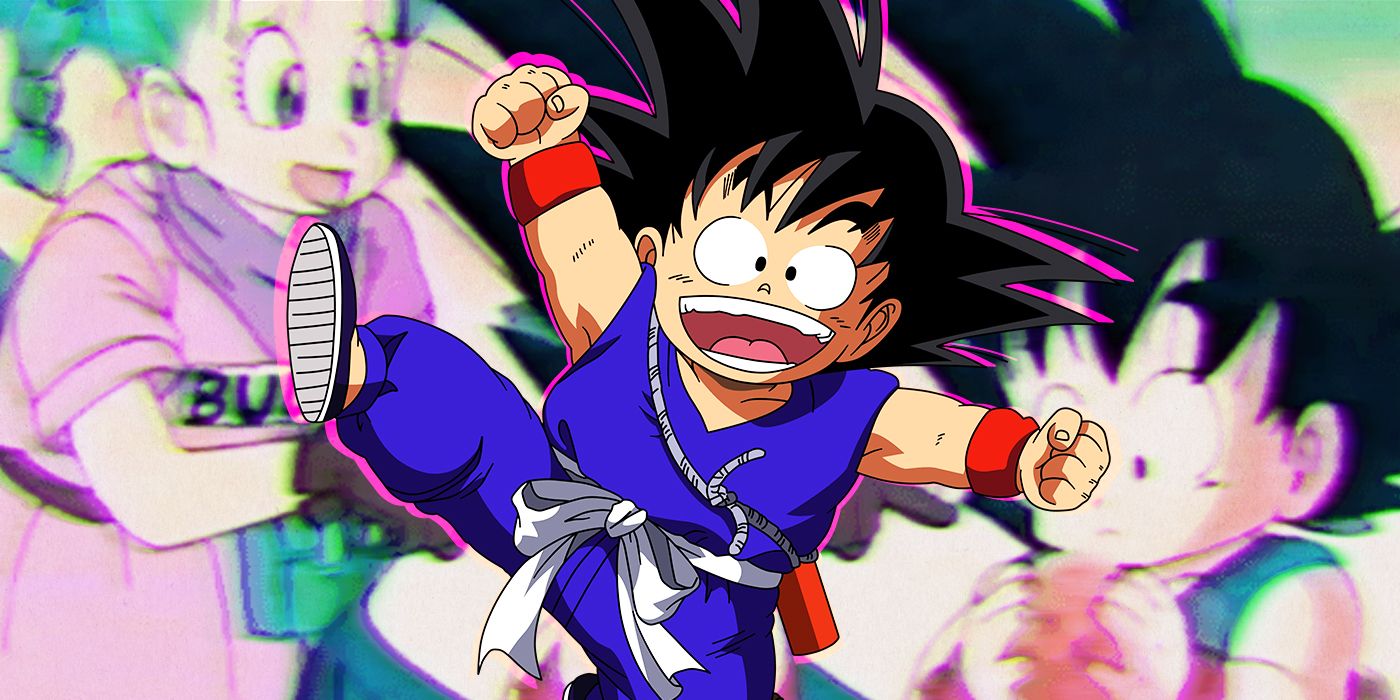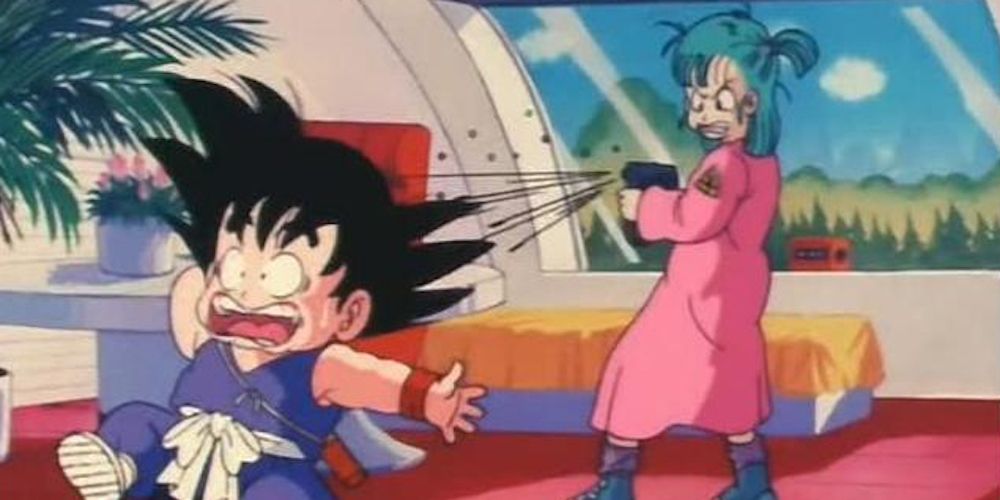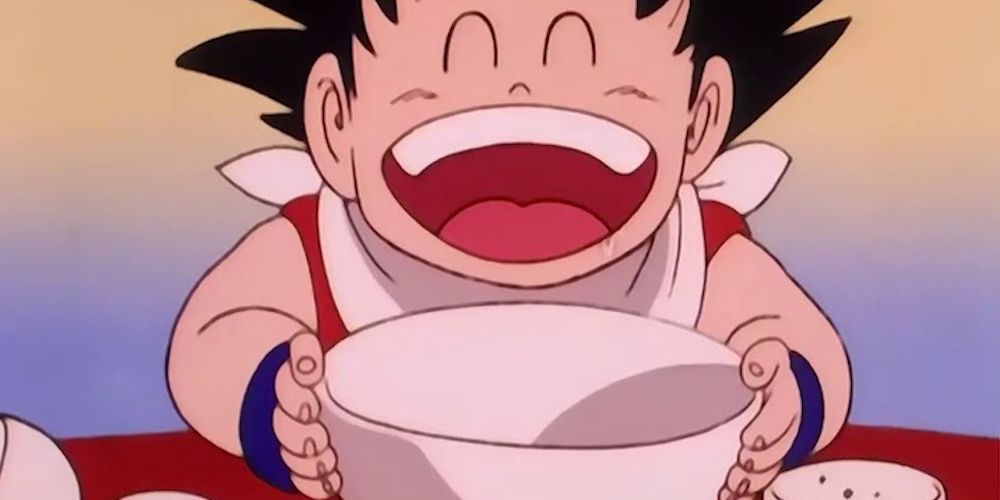Dragon Ball is a legendary series. In fact, it's one of the most popular and well-known anime and manga franchises in the world. Even if you're not a fan of anime, you likely have a passing familiarity with Dragon Ball and its characters. So the idea of something from this huge franchise falling into lost media limbo is surprising. But that's just what happened to the Harmony Gold "lost dub," -- one of the rare examples of this happening.
The name Harmony Gold sends a shiver down the spine of most anime fans. Formed in 1983, the company developed a reputation for buying Japanese media and dubbing it horribly. It is most famous for buying The Super Dimension Fortress Macross, Super Dimension Cavalry Southern Cross and Genesis Climber MOSPEAD and stitching them together to form Robotech. The studio has hit the headlines many times for using its Robotech copyright to try and insist that they have the rights to all Macross media in the USA. It backs this up via a mountain of cease and desist letters and legal proceedings that make other companies back off for fear of the cost of fighting the cases. This means that most Macross media has never seen official releases in America and likely never will.
But it wasn't just Macross that Harmony Gold bought. It also attempted to dub Magical Princess Minky Momo and Dr. Slump as well as Dragon Ball. In the late '80s, Harmony Gold brought the rights to the first series of Dragon Ball and the first and third movies, Dragon Ball: Curse of the Blood Rubies and Dragon Ball: Mystical Adventure. Harmony Gold dubbed the first five episodes of the series and used them as a pilot, with the hope of getting the series onto American TV.
Sadly, the dub utterly butchered the series. The most obvious change was the names, with only Master Roshi, Tao and Chiaotzu escaping this. Goku was changed to Zero, Bulma became Lena and, in a move that sounds like something out of an abridged series, Korin became the -- frankly ludicrous -- Whiskers the Wonder Cat. While it did retain some elements that would be cut from later dubs of the series (mostly Master Roshi's pervertedness), the whole product felt cheap and it lost a lot of what made Dragon Ball an enjoyable series.
Harmony Gold took Dragon Ball: Curse of the Blood Rubies and Dragon Ball: Mystical Adventure and cut them together to make one 80 minute movie that was broadcast on independent local TV as a way to gauge public opinion. It went mostly under the radar, so we're unsure exactly which stations had these broadcasts, though it is known that WPSG Philly 57 in Philadelphia carried the movie. However, these test runs apparently flopped, and the public didn't seem interested. Harmony Gold was unhappy with the reaction, and it scrapped the idea of creating more Dragon Ball content.
This dub did have a lasting effect outside of America, though. The first Latin American Spanish dub and Brazilian Portuguese dub of Dragon Ball used Harmony Gold footage, meaning the first five episodes kept their visual changes and censorship.
And that was the end of it. While some records of the TV broadcasts floated around for a while, they were mostly forgotten. Over time, the whole thing slipped out of the fandom's collective consciousness, especially when Funimation acquired the rights and started to make high-quality and easily accessible dubs; until that is, 2020, when a member of the Dragon Ball fan community tracked down the first episode of the dub and posted it online, giving fans a chance to enjoy this historical oddity.
The Harmony Gold dub is a great example of the Western anime industry in the late 1980s and early 1990s. It was an era before simple translations were viable. Because of this, big distribution companies were looking for ways to turn Japan's most popular shows into things that would make a lot of money in America. While Funimation would later prove that Dragon Ball was broadly appealing outside of Japan, it wasn't a sure bet. If circumstances were different, we might all be excited about Zero instead of Goku.



